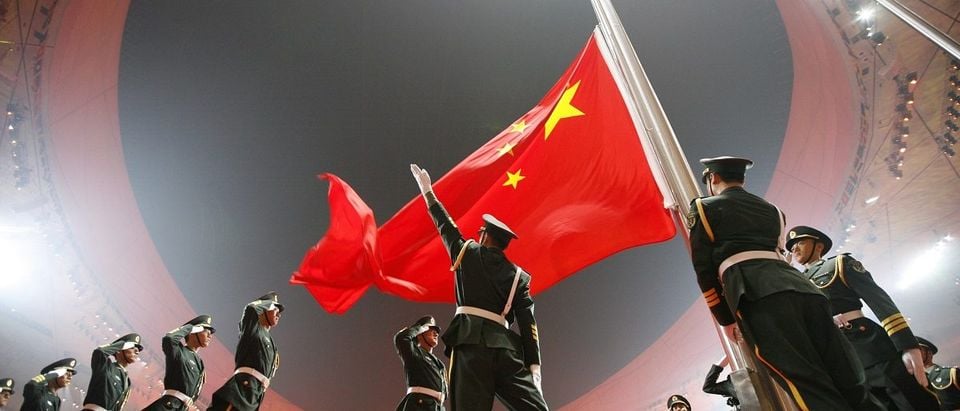Ford Motor Company will produce luxury vehicles in China to skirt the country’s high import tariffs, the company revealed Monday.
Lincoln Motor Company, a division of Ford, will start producing cars in China in two years. The aim is to catch up with competitors and seize a larger share of the world’s largest auto market, where the demand for luxury vehicles is on the rise, reports Fox Business. Producing vehicles in China will allow Ford to compete against rivals like General Motor Company and other rivals and dodge high tariffs on imported goods.
On the campaign trail, President Donald Trump repeatedly criticized China for its “unfair” trade and currency management practices, claiming China is “raping” the U.S. In his recent address to Congress, Trump announced the U.S. has “lost 60,000 factories since China joined the World Trade Organization in 2001.”
The Chinese auto market is designed to make domestic manufacturing a requirement. If a company attempts to export cars to China, it will face a 25 percent tax; however, the company can avoid tariffs by building the cars it intends to sell in country. For this reason, Ford intends to produce luxury cars in Chongqing.
Foreign auto companies, however, cannot directly set up independent operations. Foreign car companies cannot construct factories on Chinese soil without a joint-venture partner. In Ford’s case, the company will produce Lincolns in cooperation with state-owned Changan Automobile, reports Axios.
The U.S., on the other hand, has an import tax of only 2.5 percent.
Were China to be more open to foreign trade, Ford and other automakers could produce cars domestically and export their products to China rather than manufacture products in China, which could lead to job creation in the U.S. This is especially true given the rising demand for luxury vehicles in China. Last year, Ford exported 33,000 Lincolns to China. The demand for high-end luxury vehicles in China is growing 30 percent per year, faster than the auto market.
When it comes to China, unfair trade practices are not limited strictly to the auto sector.
Two years ago, Premier Li Keqiang announced the Made in China 2025 initiative, which strives to ensure China remains self-sufficient in multiple industrial sectors. The plan is a $300 billion initiative designed to allow Chinese industries to control at least 80 percent of the domestic market in 10 industrial sectors ranging from robotics to electric cars to computer chips.
While China has sought to assure other countries that the plan does not discriminate against foreign companies, outside observers suspect the program is a massive state-run assistance program created to force out foreign competitors and build Chinese companies into international giants due to their ability to compete unfairly.
Chinese leaders have stated they stand for globalization and against protectionism, but certain Chinese business practices continue to suggests otherwise. That is not to say that China has not made progress or that all of Trump’s accusations are accurate, but evidence indicates that China still has a way to go to get to fair trade.
The U.S. trade deficit with China stood at $347 billion in 2016.
Send tips to ryan@
All content created by the Daily Caller News Foundation, an independent and nonpartisan newswire service, is available without charge to any legitimate news publisher that can provide a large audience. All republished articles must include our logo, our reporter’s byline and their DCNF affiliation. For any questions about our guidelines or partnering with us, please contact licensing@dailycallernewsfoundation.org.


